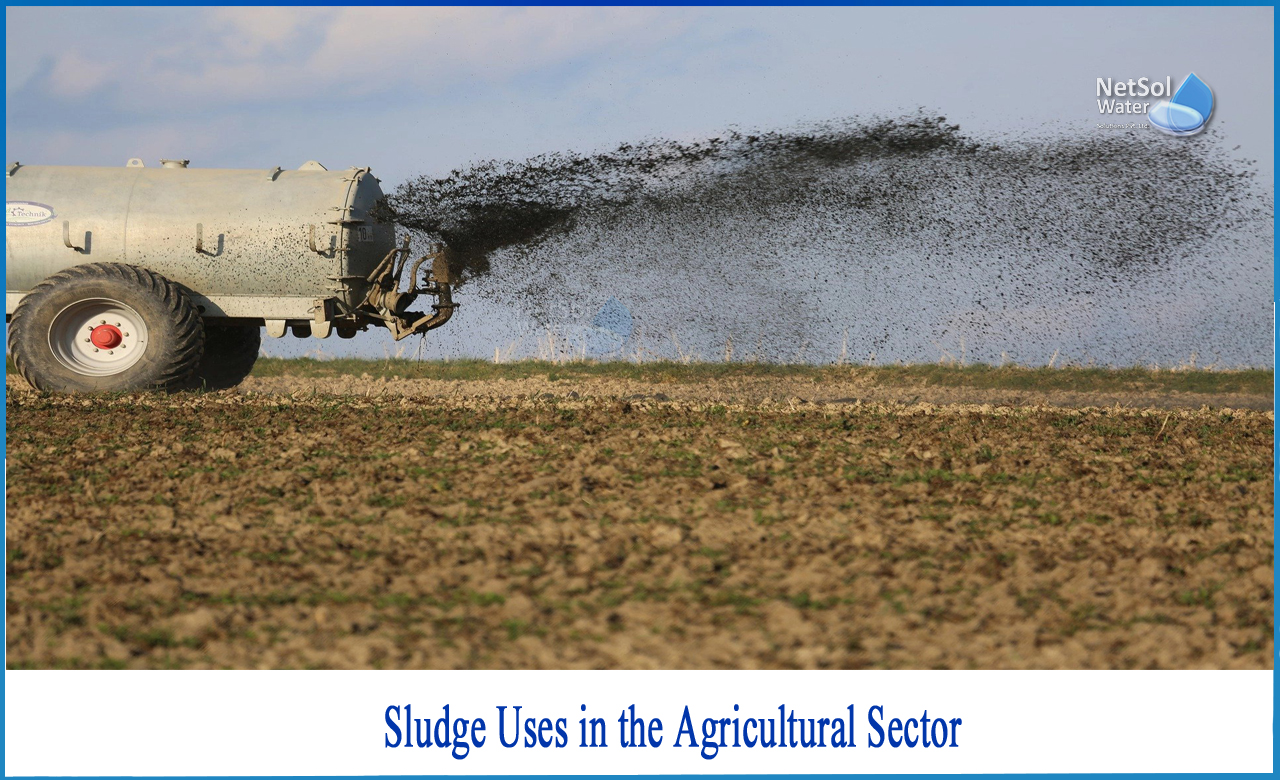What is the use of sludge in agricultural sector?
The treatment of sewage sludge has now become a realistic concern. This is owing to the tremendous expansion in urban population and the ongoing changes in living conditions, which have resulted in substantial water use and consequent discharge of spent water into surface watercourses. Unfortunately, the organic and inorganic load of released wastewater has degraded the quality of surface waterways, which have frequently become so contaminated that they have been classified as really "dead" ecosystems.
Humanities challenge has always been that the rivers into which all "civilization products" have been discharged have always been the primary supplies of drinking water, and pollution has had both short- and long-term negative consequences on human health.Purification of home and industrial waste water improves water quality while removing considerable volumes of sewage sludge. Following the adoption of environmental programs aiming at used water treatment and sludge exploitation, the global output of sewage sludge has expanded significantly.
Sludge uses in agriculture
Important agricultural surfaces have degraded over the last thirty years owing to natural or anthropogenic factors, and using sewage sludge as a source of nutrients or carbon for these soils might be a strategy to regenerate specific sections or regions.
1: Because of its high nitrogen, phosphorus, and organic matter concentration, sewage sludge has potential fertilizer characteristics and can be utilized to enhance agricultural soils.Within specific restrictions, sewage treatment plant sludge can serve as a moisture intake and a pH regulator. In addition to the components required for plant growth, the sludge may include trace levels of heavy metals and other contaminants.
2: Large amounts of sewage sludge can be used with potential positive effects on productivity due to the nutrient content and effective organic mass input, and one of the most pressing issues is being solved: removing sewage sludge from waste water treatment plants to avoid incineration, high-cost processes, and further pollution.
3: Sludge must be promptly integrated into the soil before it may be put on agricultural land. It is available in liquid, sludge cake (25 percent dry solids), and dried sludge granule form (95 percent dry solids). Nutrients are lost during the dehydration and drying processes, hence it is best to employ the first two types. However, owing to unpleasant smells and potential health hazards produced by bacteria in the sludge, this method of recycling sludge may be troublesome.
To prevent nutrient leaching, the sludge should be administered in accordance with the standards for field crop fertilizers.
Conclusion: Some other benefits are listed below
1: The usage of sewage sludge reduces the quantity of chemical fertilizers that should have been used to assure plant development and also aids in the elimination of difficulties caused by the build-up of growing volumes of sludge.
2: There is no risk of metal contamination in communities where sewage sludge is employed since the amounts of these elements are substantially below the limit allowed by current regulations. It is important to provide continuous monitoring of sewage sludge for heavy metals and other possible contaminants.
3: To minimize enhanced mobility of heavy metals in sludge, which would lead to heavy metal contamination of plants, the pH of the sludge where it is applied must be more than 6.0.
4: The examined sludge includes considerable levels of nutrients, giving it organic fertilizer qualities.
5: The application of sewage sludge on agricultural land reduces production costs since significantly less synthetic fertilizer is utilized or, in certain situations, may be totally substituted.
The biggest drawback is the requirement for continuous monitoring of the composition of soil and sewage sludge. Furthermore, the bacteriological content must be monitored since some germs may be harmful to human and animal health
Netsol Water is Greater Noida-based leading water & wastewater treatment plant manufacturer. We are industry's most demanding company based on client review and work quality. We are known as best commercial RO plant manufacturers, industrial RO plant manufacturer, sewage treatment plant manufacturer, Water Softener Plant Manufacturers and effluent treatment plant manufacturers. Apart from this 24x7 customer support is our USP. Call on +91-9650608473, or write us at enquiry@netsolwater.com for any support, inquiry or product-purchase related query.



